
6 minute read
Hank Kune
THE WHY BEHIND MIDCENTURY
Pecha Kucha by
Hank Kune
WHAT will be like to be human in 2050? It depends on your age, what you have gone through in life, and your point of view. Each generation experiences the world differently, with the perceptions of its cohort. Some generations will be marked by a crisis or a collapse, others marked by a rebuild or a renewal. At our next Midcentury there will be diverse perspectives.
I think our lives at Midcentury will feel surprising similar to our world today – with a legacy of nearly 30 years of climate disruptions and conflicts, of course – with more digitality, more technology, some lessons learned, and our ‘relentless search for the society of the future’ still intact.
A key question for every generation is: Who owns the future? The answers we describe will define us, helping us to celebrate time by marking its special moments.
It is a human tendency to rebuild according to collective memories of ‘the past’ as our paradise lost, and find opportunities to regain that world in the way we remember it – with a nostalgia for what never was. . . .and that is also part of this story.
Just like every moment in time, Midcentury finds us at the intersection of past and future.
LIFE AT MIDCENTURY: THE FUTURE IN 20 INFLECTION POINTS
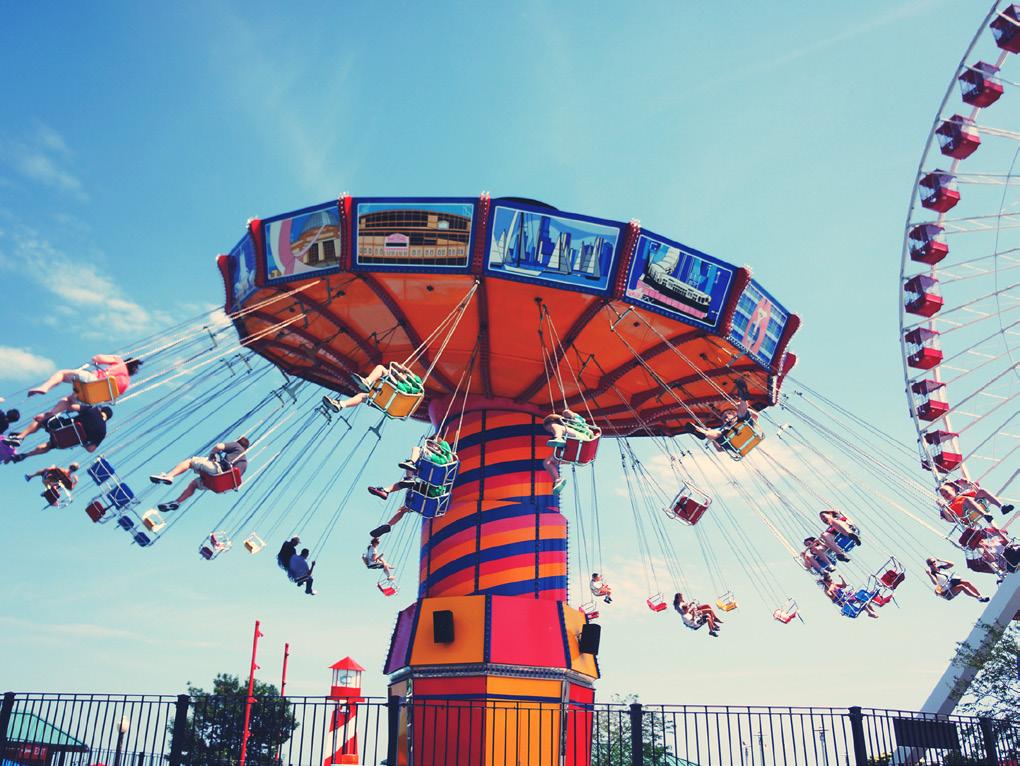
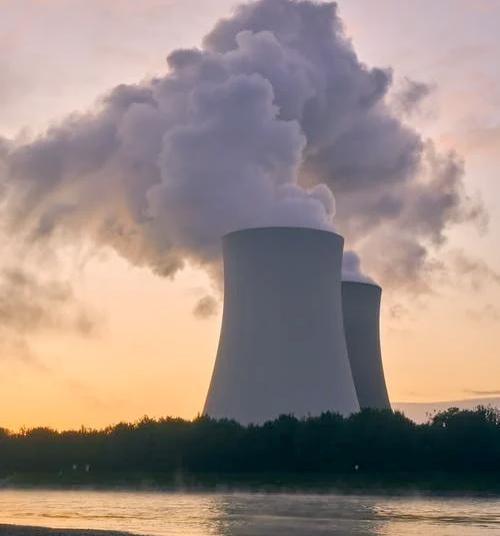
Pecha Kucha by
Hank Kune
1My first midcentury was 1950. I was three years old. In many parts of the world, the slate was wiped clean. The old world was gone, the new was all about possibility. The present gave us back our life again – a new life! The future? Anything was possible
2We are time-travelers, all of us – on our journeys out, and our journeys back, Always ready to reinvent ourselves. What was it like to be human, then? In the 1950’s: For the parents: people working hard, building us a new world, embracing prosperity. As for the children: we were booming!

3By the time we reached the Millennium, I’m afraid, we had come to see society as a theme park, a place for entertaining and distracting us. We all knew there were ‘issues’ – but as many liked to say, ‘pursuing happiness’ seemed like the best idea at the time.
4What’s it like to be human in 2050? It depends on your age, your point of view. Perhaps you’re a teenager now, or in your 20’s, your 30’s, 50’s, or 70‘s. If we can see the world at all, we all see it differently. We’ve been through a lot – lost a lot, gained a lot, but we do have our futures back.
5So, if you’re 77 years old now – what have you seen along the way? You traveled all over the world when you were young, bot trying to create new systems, just solving a problem or two. And with an appetite for emergencies: There were crises everywhere! 6 In the Terrible 2030s there was nothing but fear. There were Water wars, Sunspot wars, earthquakes that lasted 10-days. Things fell apart all around us. Throughout the Fearsome 40s, in our watchtower Cities, you thought you’d never get here. Somehow we did. We survived.
7We still have sunsets, skies with strange light, big waves, bad weather, mountain lakes, some stars at night. . . Sitting there, you ask yourself: Have we learned anything?
8I see some of you are 55 years old today. Born March 1st in 1996. We gave you permission to reinvent yourself – to be ‘citizens of somewhere / citizens of everywhere’ But by the time you hit your 20’s, the world turned upside down. There was a Big Collapse – and you had to do something, so you built it back.

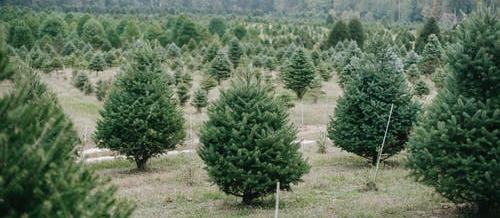
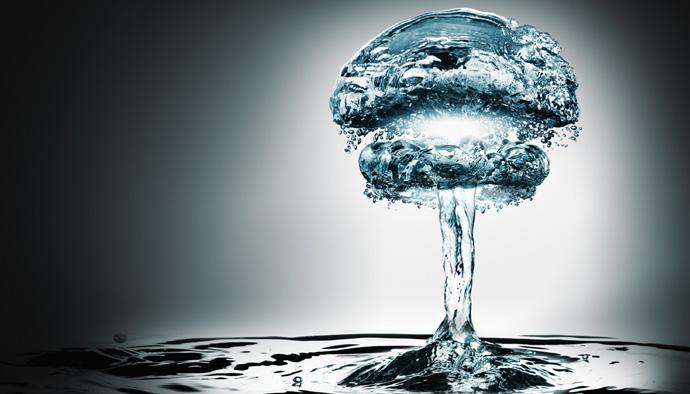
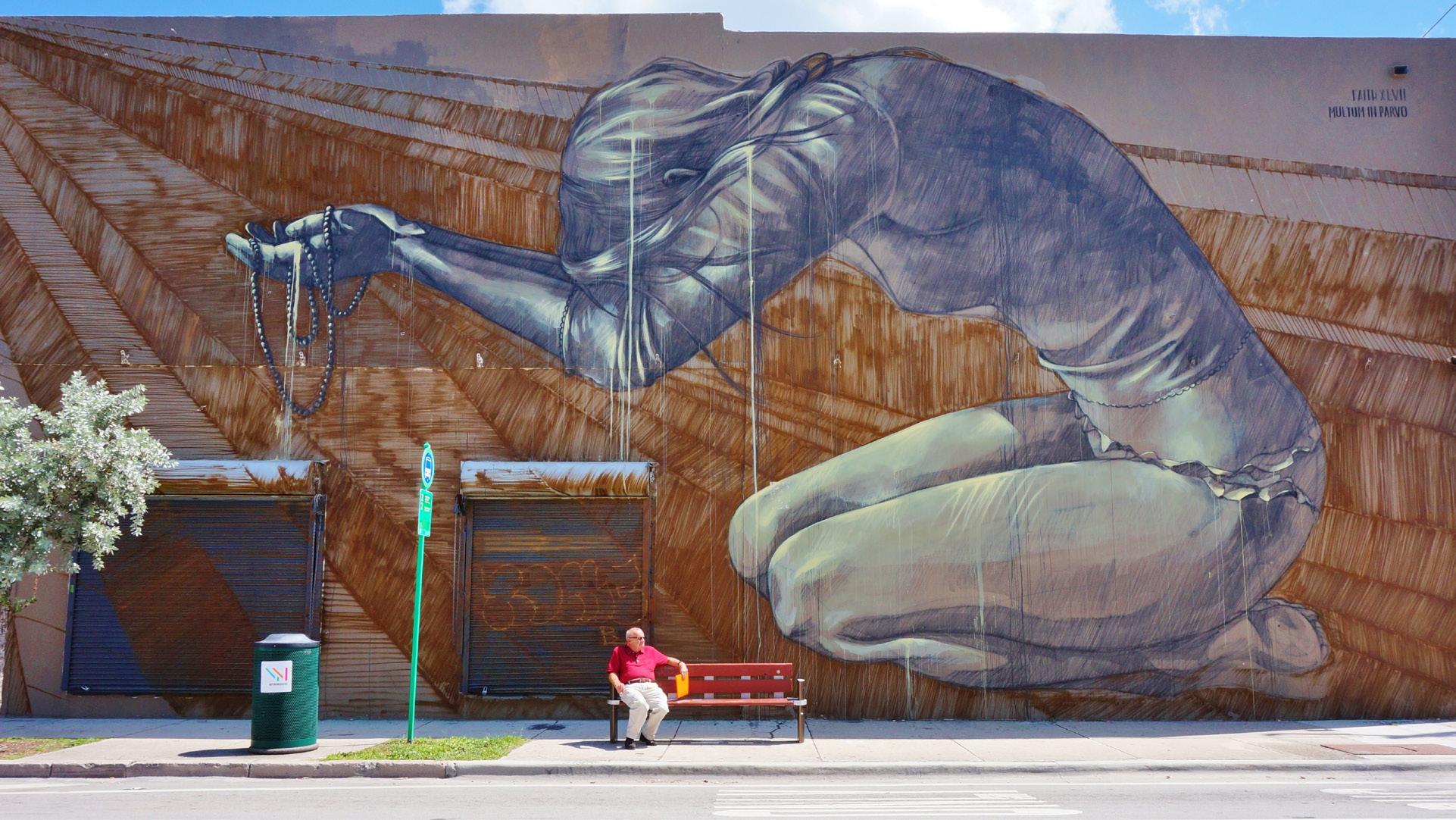
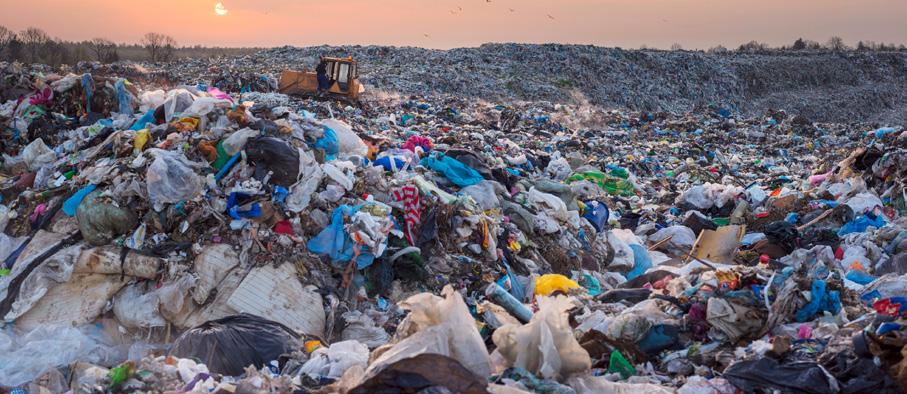
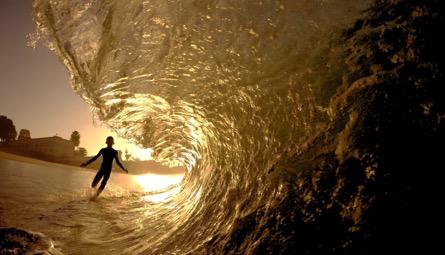
9And you, now in your 20s, in your 30’s: You were the Corona kids. You grew up with crazy weather, conspiracies, pandemic crazies. . . You helped build our world back too: all through the 2040s, again pursuing promises. . .pursuing happiness. . .
10You teenagers out there – born in the 2030s: The last 10 years were tough! But you don’t look back, nothing surprises you. You have an appetite for emergence, and the world is yours to create. Sure, there’s lots of new Technology in 2050, more every year. And We’re Still busy ‘Reinventing the Human’
11 With all our many perspectives – Strange attractors, strange dis-tractors – we gave ourselves a second chance. We wanted to be safe again; to be great again – was this our paradise lost? 12Are you 7 years old now, listening to me here? You’re learning the 6 Literacies. They are needed, people say, for a culture of contribution. As for yourself, you’re not sure, it could be. You like asking questions nobody can answer, then answering them yourself.

13Now, it is midcentury again. And were still Human, in 2050! Still Human: with our ‘relentless search for the society of the future. By offering our jewels will we escape the mistakes of the past? By creating opportunities. . . will we all be enriched ?
14Is this the future of happiness? We’re still rethinking everything: the Fire Service, Police service, Lifestyles Services, a service for Group Insurance. . . Rethinking migration, rethinking endings and beginnings. So now, take a digital cup of coffee with me
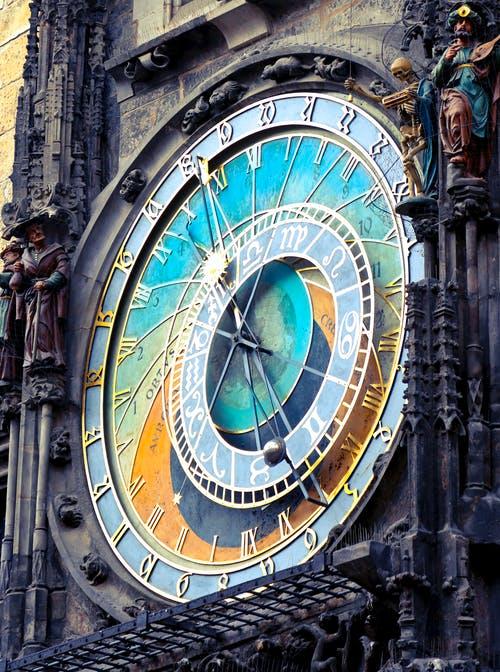
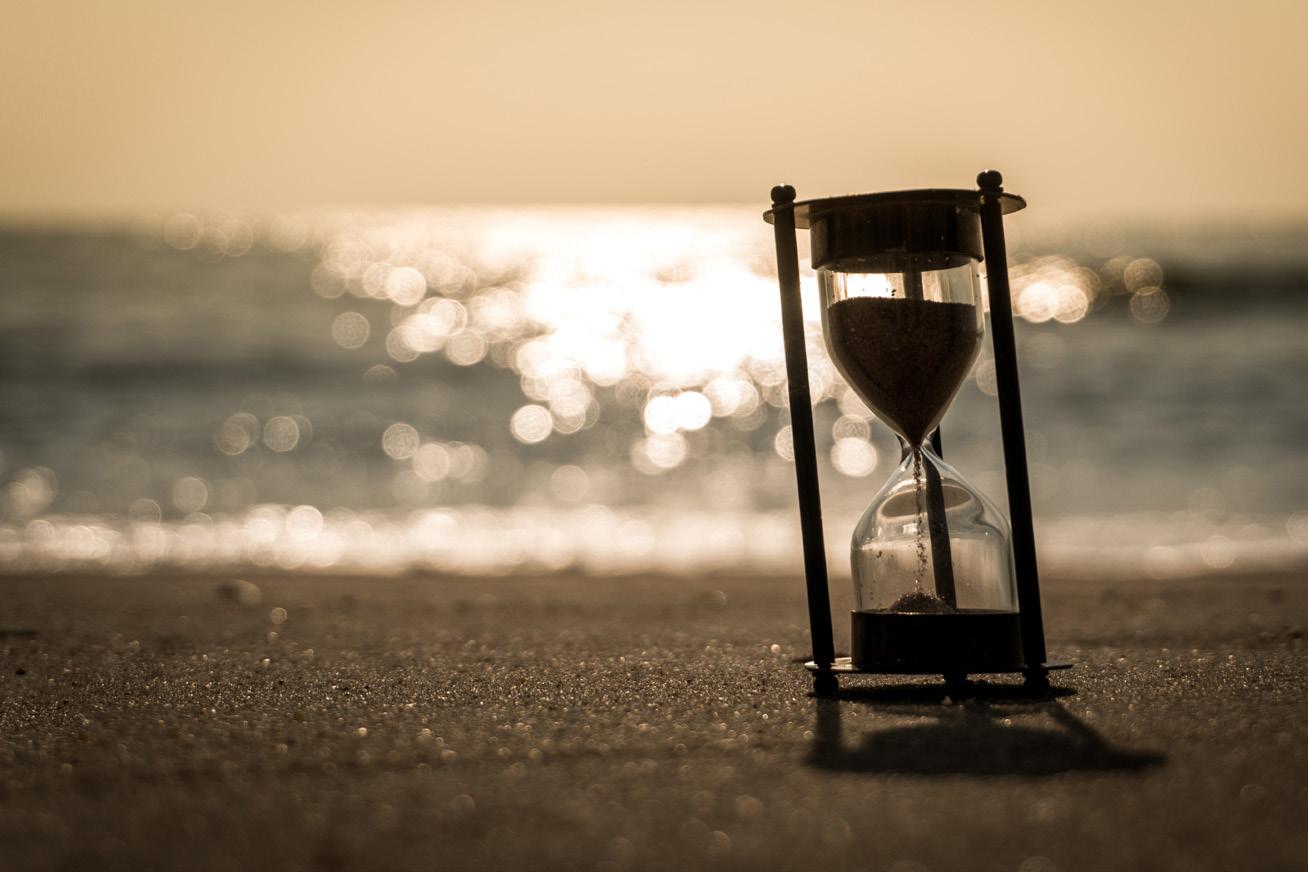
15Come along from emergency to emergence: with entirely new possibilities arising. Other planets, and new worlds for new generations of pioneers. Will that make us happy? Mars? The Stars? Planet Earth is good enough for me!
16At least some of us want to stay here. There are still worlds to be won on this planet. At least, under the protection of one of the world’s 6six ‘creative democracies’. So, what do you see when you look into the future? What do you see looking into the past?
17And me – at 103. . .Ha! It’s Midcentury again. At the intersection of future and past. Still with my music, old fashioned perhaps. But I’m still happy with new things too. New insights especially. New ideas. Remember, we always get what we are unprepared for. 18Life now, at Midcentury, is still human, although some of us are not sure what that means. And there is AI everywhere. Urgency and Opportunity still compete. They say, “There is super-intelligence for sale” But what about . . .wisdom?
19At least we are still asking questions. Still reaching for goals. It seems that our world is the outcomes of our questions and choices, so: “If the present is the result of the questions we asked yesterday, what questions should we be asking today?”
A poet once asked me, “Who owns the future?” Was the answer Me – or We?
20Promises were made to us – and we made promises to you. We are still building the world on promises.
And today. . . There is work-in-progress everywhere! And. . .The future still is bigger than the past










